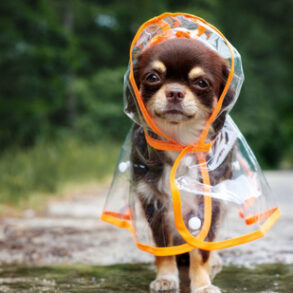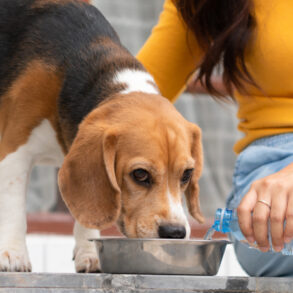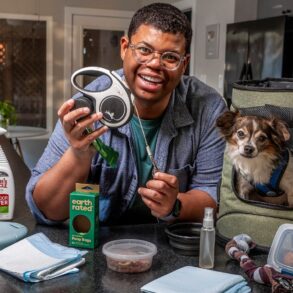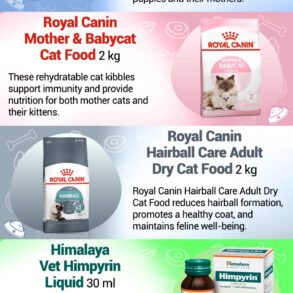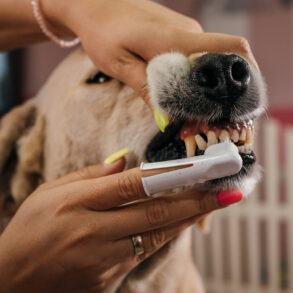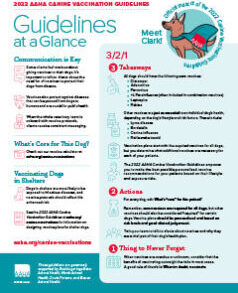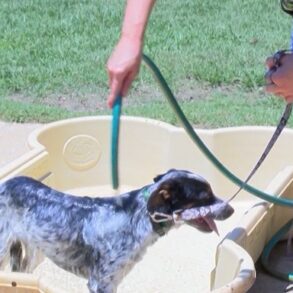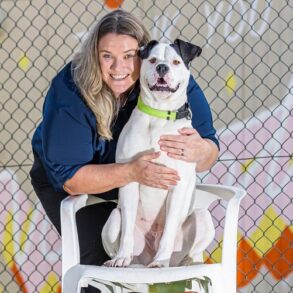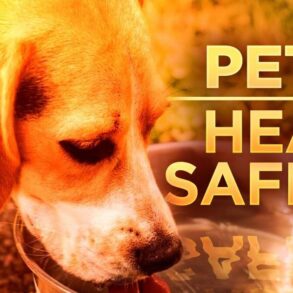With the arrival of summer, families are headed outside to enjoy the sunshine and road trips — and they’re bringing the furry loved ones, too.
Veterinarians across the state typically see spikes in pet health emergencies during the warmer months, according to the American Veterinary Medical Association. These include emergencies such as heat stroke and injuries from being hit by a vehicle.
In 2024, 111 animal deaths that resulted from heat-related issues and another 388 animals that were rescued from the heat were reported to PETA.
“Heat stroke is a major summer emergency and is most commonly seen in ‘short-nosed’ dogs such as bulldogs and pugs,” said Danielle DeBrincat, emergency vet and medical director at VEG ER for Pets Littleton. “They can not release heat the same way that dogs with longer noses can, so it is extra important to keep them out of the heat, not over exercise them, and always have water on hand.”
DeBrincat joined VEG in March 2020 after graduating from Michigan State University and has been the medical director for over two months.
During her internship after college, DeBrincat developed a passion for emergency medicine.
“Having the ability to help pets and their people in the most challenging moments (is) incredibly fulfilling. I haven’t looked back,” she said.
VEG ER for Pets, previously known as Veterinary Emergency Group, serves the metro area through five locations.
Its emergency rooms employ an open-concept floor plan, where owners can see everything that’s going on with their pet and their vet team. Owners can stay with their pets throughout the duration of their stay, even through surgery.
“Although we do offer rooms for the more scared or reactive pets, most owners and pets choose to stay in the main hospital area with the nurses and doctors so that we are able to have more fluid communication,” DeBrincat said.
VEG offers quick triage and diagnostic workups for sick pets, like blood and urine tests, in addition to emergency surgery, endoscopic foreign body removal, transfusion medicine and hospitalization.
DeBrincat said that something as simple as taking your dog for a walk on a trail could be dangerous.
She warned that rattlesnake bites become more frequent throughout the summer and any dog in the foothills runs the risk of being bitten.
“If your dog is bitten, the best thing to do is to get them to an emergency veterinary clinic as soon as possible. Do not place a tourniquet or do anything to the bite area. The main treatment is antivenin and pain medication, and most dogs who receive the antivenin recover fully,” she said.
In addition to venomous bites, certain popular summer plants pose toxic threats to pets. For example, lily flowers, which typically bloom in the warmer season, are toxic to cats, and wild mushrooms that grow in the Denver area can be toxic to dogs.
In native grasses, foxtail seeds can embed into a pet’s skin, ears, and nose and cause an infection.
“Dog fights and hit-by-car trauma are both also more common in the summer as people take their pets outside more often. It is important to keep your pets on leashes in populated areas, respect other dogs and check with the owner to see if they are friendly before approaching them,” DeBrincat said.
While travelling, owners can take precautions to keep their pets safe by packing a medical bag.
DeBrincat advises to include sterile gauze and bandaging material for any wounds, tweezers to remove any foxtails, thorns or ticks, and fresh water to flush out wounds, eyes or burn areas in the emergency kit.
“Even if they love us, pets may bite if they are injured and protecting themselves, so a muzzle or rolled gauze to make into a muzzle should also be considered safe,” DeBrincat said.
Tips to prevent a pet medical emergency while travelling:
- Keep the car cool to prevent overheating.
- Always have fresh water available and make sure to make frequent stops in case they do not like to drink in a moving vehicle.
- Talk to your primary care veterinarian about any anti-anxiety or anti-nausea medication your pet may need prior to travel.
- Think of your pet as a toddler — Keep them in the back seat and ensure they are secured in a crate or with a pet seat belt and harness.
- Ensure any chemicals and toxic foods are out of reach.
- Make sure you have plenty of the pet’s food. Many pets get upset stomachs during travel, either from different food or stress. Changing the diet as little as possible will help reduce this risk.
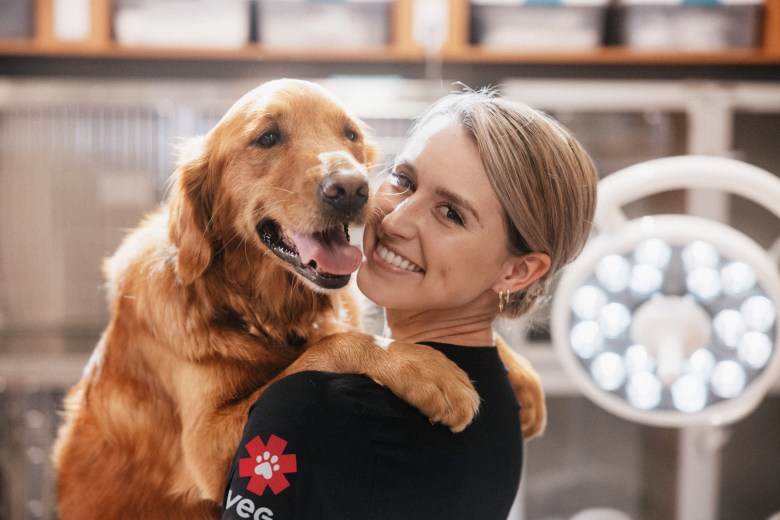
When it comes to deciding when to call a vet, DeBrincat said: “If you are ever concerned, it is time to call a vet. VEG ER for Pets is open 24/7 and you will always talk to a doctor on the phone. They can help determine if this is a true emergency or if it can wait to be seen by your primary care veterinarian.”
Common warning signs that may indicate a pet medical emergency are any changes in breathing, persistent vomiting and diarrhea, blood in vomit or stool, major change in mentation such as lethargy, pale gums, straining to urinate and not eating or drinking for 24 hours or more.
Primary veterinarians and emergency veterinarians are experts in different fields, DeBrincat said.
“Primary care vets are the experts at routine care and diagnosis, and at managing a plethora of chronic and long-term management disorders. Emergency vets are experts at stabilizing and treating fast-acting, life-threatening diseases in the worst stages,” she said.
This post was originally published on this site be sure to check out more of their content.







